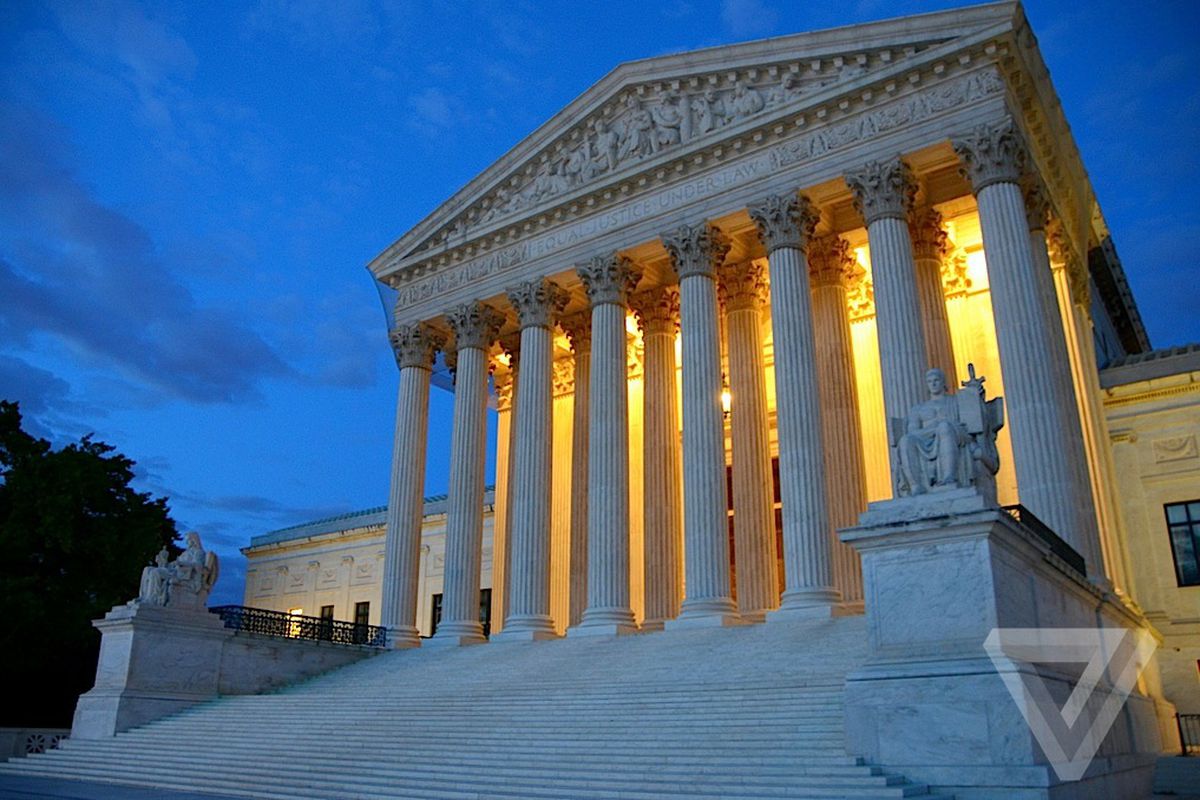The Supreme Court on Monday allowed Trump’s executive orders for a travel ban from 8 primarily Muslim countries to be implemented in full force, according to a WSJ report.
Giving no reason for its decision, the court said that it expected lower courts, where the travel ban still faces legal challenges, to review the executive orders and move forward quickly.
The travel ban is in its third revised form, after two previous versions were deemed unconstitutional and blocked by several federal courts.
The current one is also being challenged in lower courts, but the Supreme Court ruling will supersede any previous ruling.
According to the Supremacy Clause of the United States Constitution (Article VI, Clause 2):
“This Constitution, and the Laws of the United States which shall be made in Pursuance thereof; and all Treaties made, or which shall be made, under the Authority of the United States, shall be the supreme Law of the Land; and the Judges in every State shall be bound thereby, any Thing in the Constitution or Laws of any State to the Contrary notwithstanding.”
Can the Supreme Court’s decision be challenged or overruled?
No ruling by the Supreme Court can be rejected, ignored or changed, even by the Congress or the President. Even the Supreme Court itself is bound by what is known as stare decisis, which states that all prior decisions must be maintained even if the current court would have ruled differently in the matter. The only way this ban can now be removed is if the Supreme Court itself overrules it, which is very unlikely at this point.
The travel ban originally only involved a 90-day freeze on visas from six countries: Syria, Iran, Somalia, Yemen, Libya, North Korea, Chad and Venezuela. In addition, Iraqi travelers would undergo “additional scrutiny.”
Per the third revision, the ban is essentially indefinite. The Trump administration may, however, review restrictions on a particular listed nation if the government of that nation cooperates with the United States Department of Homeland Security’s efforts to assess its applicant screening and visa vetting processes.
+++ + +++



